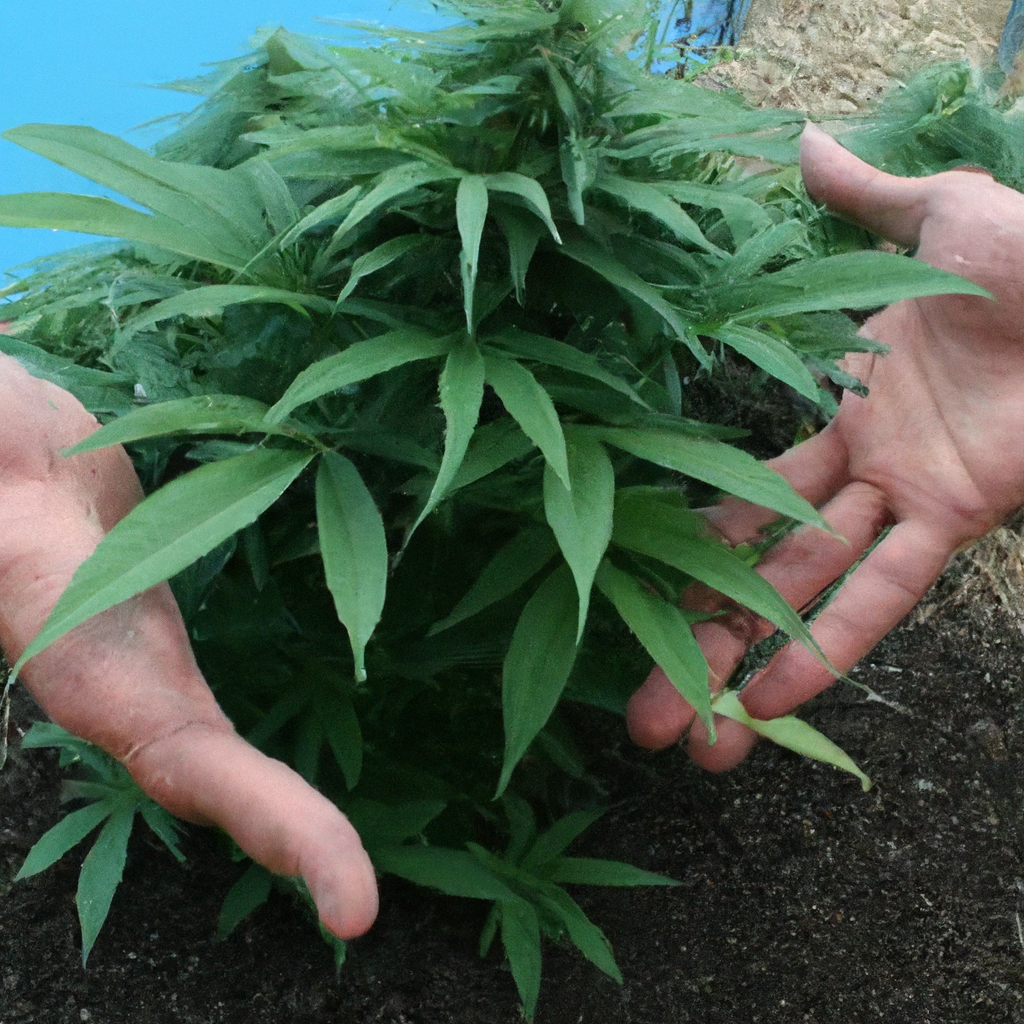Your cart is currently empty!
Growing cannabis organically means embracing natural processes that benefit both the environment and consumers. By avoiding synthetic chemicals, using natural fertilizers, and focusing on building healthy soil ecosystems, growers can achieve sustainable and high-quality yields. Let’s explore essential practices that can elevate your organic cannabis growth, focusing on sustainability, natural fertilizers, compost, and pest control.
Building a Healthy Soil Ecosystem
The success of organic cannabis cultivation starts with the soil. A thriving soil ecosystem is rich in beneficial microbes, fungi, and other organisms that contribute to nutrient cycling and plant health.
- Compost Adds Vital Nutrients: Utilize compost to enhance soil fertility. It introduces organic matter that fosters microbial activity, essential for breaking down nutrients accessible to cannabis plants.
- Utilize Cover Crops: Planting cover crops like clover and alfalfa helps prevent soil erosion and adds organic matter when tilled back into the soil.
- Incorporate Beneficial Microbes: Inoculate soil with mycorrhizal fungi and other beneficial microbes to improve root efficiency and nutrient uptake.
Natural Fertilizers to Boost Growth
Natural fertilizers provide essential nutrients without the harmful effects of synthetic options. They contribute to better taste, aroma, and overall quality of the weed, making them a fantastic choice for conscientious growers.
- Fish Emulsion: Rich in nitrogen, fish emulsion is excellent for promoting robust vegetative growth.
- Seaweed Extract: Provides potassium and trace elements that enhance plant resilience and root growth.
- Bokashi Fermentation: This technique accelerates composting with lactic acids, enriching soil with various nutrients.
Sustainable Pest Control Methods
Pest control should be handled naturally to maintain organic validation and eco-friendliness. Below are methods to keep pests in check without resorting to harmful chemicals:
- Companion Planting: Plants like marigolds and basil can repel pests naturally without affecting cannabis growth negatively.
- Neem Oil: Derived from seeds, neem oil functions both as a pest deterrent and a fungicide.
- Introducing Beneficial Insects: Ladybugs and predatory mites can control populations of aphids and spider mites, thus preserving plant health.
The Benefits of Organic Cannabis for the Environment and Consumers
By growing cannabis organically, you support ecological balance and yield cannabis plants known for their superior quality. Here’s why it’s beneficial:
- Environmental Preservation: Organic practices reduce chemical runoff into water systems and promote biodiversity.
- Enhances Consumer Health: Organic cannabis is free from synthetic pesticide residues, appealing to health-conscious consumers.
- Improved Aroma and Flavor Profiles: Using natural fertilizers and promoting healthier soil can lead to more aromatic and flavorful cannabis strains.
Conclusion
Embracing organic cannabis cultivation practices means fostering a balanced ecosystem that supports health, sustainability, and superior plant quality. By focusing on building healthy soil, using natural fertilizers, and implementing eco-friendly pest control methods, growers can achieve rewarding harvests that cater to environmentally conscious and quality-seeking consumers. Happy growing!
Discover more from Magic Clones
Subscribe to get the latest posts sent to your email.


Leave a Reply